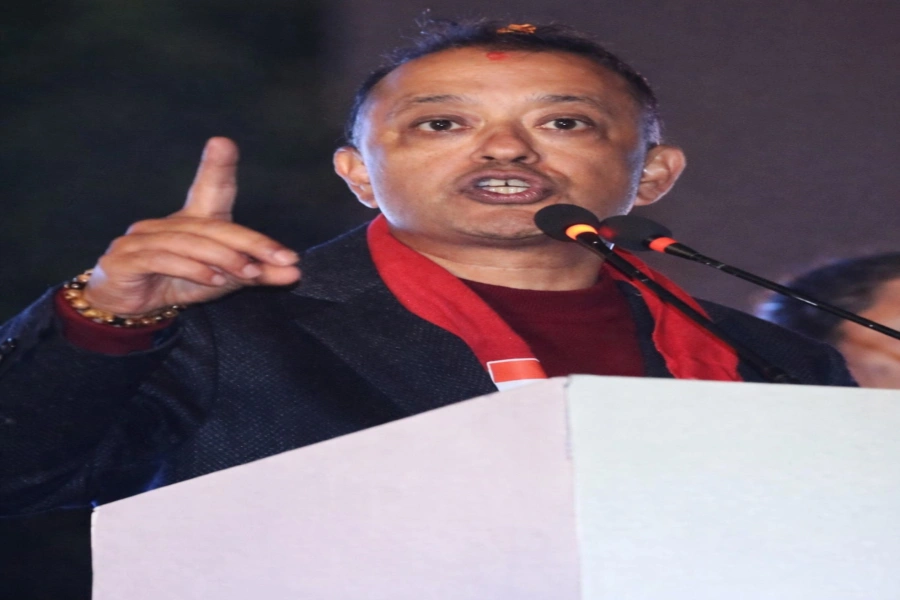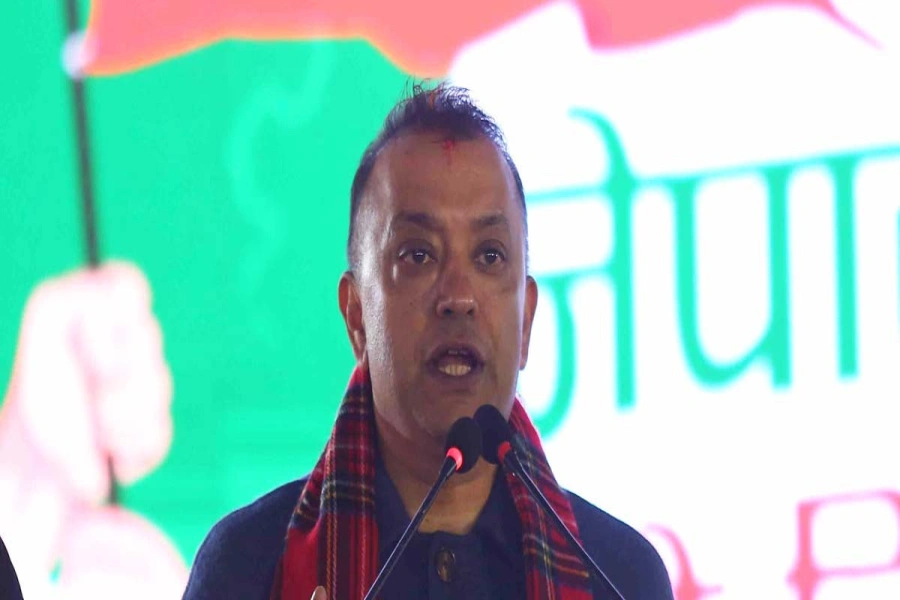The government is once again in the process of forming a Land Commission. This will be the 18th such commission established with the goal of distributing land to squatters. While it remains unclear how many more commissions will follow, those hoping for employment in this new commission have already begun lobbying for positions. Unemployed workers from the ruling party, in particular, are seeking leaders' support for these temporary jobs. The last two land commissions, formed over the previous three fiscal years, spent a total of Rs 1.5 billion, yet only 4,440 families received land ownership certificates. This means an average of Rs 399,774 was spent per family—a sum that could have bought more land than what the government allocated.
Why did it cost so much? The funds were primarily spent on salaries and benefits for Land Commission staff and committee members from the central to the district level. Unfortunately, these expenses are misleadingly counted as costs for aiding squatters, which is far from the truth.
Jugmani Chaudhary: A land rights activist making strides in Wes...

Once a Land Commission is established, a central committee and district committees are also formed. The members of these committees are often more focused on exploiting state resources for personal gain than on fulfilling their duties. Hundreds of employees are hired under the guise of needing technical expertise. The central president of the commission enjoys the perks and benefits of a state minister, while members receive the benefits of special class gazetted officers. Similarly, district presidents are granted first-class facilities, and members receive second-class privileges. In the context of Nepal, these are highly attractive positions. Additionally, government employees involved in the commission receive a 25 percent bonus on top of their regular salary. This "attractive job" is the main reason for the growing number of individuals eager to join these commissions. It offers temporary relief to unemployed party workers and gives leaders the satisfaction of managing their workforce, but the landless squatters remain an afterthought. This is evident from the fact that only around 4,400 applications out of an estimated 1,015,500 landless squatters have been addressed.
To make the newly formed commission effective and truly responsible for addressing the landless squatters' issues, all commission committees should be unpaid. Whether these committees are at the central, provincial, local, or ward level, the focus should be on policy-making and implementation. Committees composed of local political party cadres could be formed to draft and advise on policies, allowing staff to take responsibility for carrying them out. This approach would eliminate the current cycle of inefficiency. Once party workers exit, genuine experts will naturally have the opportunity to contribute. The primary weakness in failing to resolve these issues is the lack of expertise. Yet, the appointment of so-called expert members to these committees is often a farce. These "experts" are typically party loyalists rather than true land experts. By restructuring, true experts will finally have the platform to apply their knowledge effectively.
Additionally, it is impractical to provide extra allowances to employees simply for joining the commission. The practice of assigning employees to one office while they report to another only encourages irregularities. Instead, existing staff from the land reform, Guthi, Survey, and forest offices should be given responsibility on these committees. If there aren't enough staff, a few more can be hired on a short-term basis with clear instructions to prioritize the Commission’s work. The millions of rupees currently allocated for the Commission is a major reason the landless issue remains unresolved. Therefore, if all officers of the Land Commission are made completely unpaid—aside from meeting allowances—and if decision-making power is shifted to the local level, a solution to this problem will be within reach. The previous commissions have already laid the groundwork, so there is no need to allocate large budgets, form oversized committees, or create unnecessary bureaucratic structures. It is high time the government bodies concerned took this into serious consideration.







































